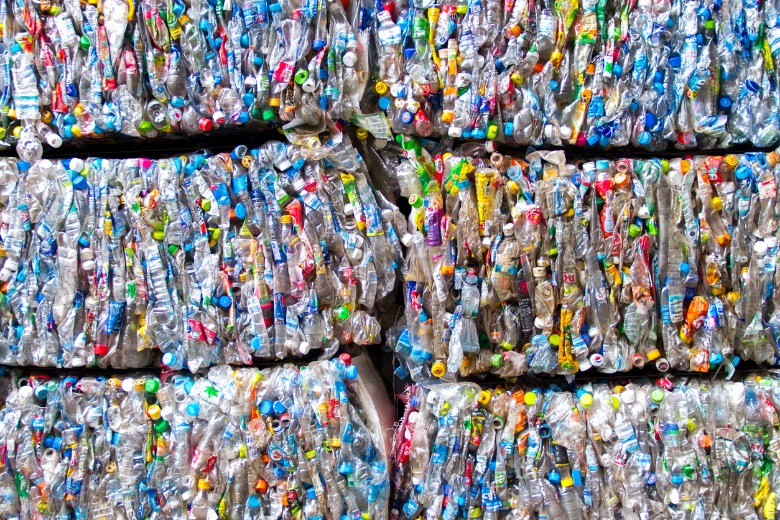
The plastics recycling experiment has failed, according to a researcher who says it’s time to tax companies that produce and use plastic instead.

Nina Gbor, director for Circular Economy and Waste at the Australia Institute, writes in a new report titled Plastic Waste in Australia and the Recycling Greenwash that recycling has failed to put a dent in the inexorable growth of plastic waste.
Plastics recycling is inefficient, expensive and potentially constitutes a biohazard, and there’s a lack of demand for recycled plastic products, she writes.
On the other hand, a plastics tax would not only deter consumption but could generate $1.5 billion in revenue to be reinvested in other plastic reduction initiatives.
“We’ve been talking about recycling for decades and the plastics problem is getting far worse,” Ms Gbor told Government News.
“It’s pretty evident that it’s not working. In Australia we’re consuming 3.8 million tonnes of plastic every year, or 72 Harbour Bridges. In 20-to-25 years that figure, on our current trajectory, is set to hit 9.7m tonnes.
“And we’re talking about recycling. Are we serious?”
Plastics consumption doubles
Ms Gbor says plastic consumption in Australia has more than doubled since the year 2000. On a per capita basis, consumption has increased 60 per cent — from an estimated 92 kg per person in 2000, to 148 kg per person in 2020–21.
But she says despite a slew of government policies -including the 2018 National Waste Policy, the 2019 National Waste Policy Action Plan, the Australian Packaging Covenant, as well as a goal to end plastic pollution by 2040 – just 14 per cent of plastic waste is being kept out of landfill.
Ms Gbor says all these polices have one thing in common, and that’s a focus on recovery and recycling rather than reducing production.
Tax the producers
Ms Gbor says In the European Union, a tax on plastic packaging is expected to generate about €7 billion a year when it is implemented, while the UK is set to introduce similar measures.
“Given the effectiveness of this tax in Europe, there is every reason to believe a similar policy would help reduce plastic waste in Australia,” she says.
“If Australia applied a tax on plastic packaging at the same rate as the EU, and charged it to plastic producers and importers like Spain does, we calculate that it could raise $1.5 billion in revenue.”
If Australia applied a tax on plastic packaging at the same rate as the EU, and charged it to plastic producers and importers like Spain does, we calculate that it could raise $1.5 billion in revenue.
Nina Gbor
Extended producer responsibility (EPR) schemes, which put the onus on manufactures and retailers, use a system of carrots and sticks to deter companies from the production and use of plastics.
Ideally incentives and disincentives in EPR schemes should be financial, rather than token gold stars or green ticks, Ms Gbor says.
For example, the UK’s EPR scheme for plastics packaging will soon by applied to all businesses with an annual turnover of £1 million and who are responsible for using 25 tonnes of plastic packaging or more.
“Money is always a huge carrot and a huge stick depending on where you place it, because one thing businesses hate is to lose money, ” she says.
“The government has the power to use financial aspect as either an incentive or as ‘punishment’ for not doing the right thing.”
Strong public support for reform
Ms Gbor says polling by the Australia Institute shows there’s strong support among Australians for reform, with most supporting regulatory and legislative action to reduce plastic waste.
Of just over 1,000 people, 85 per cent supported legislated plastic waste reduction targets for producers, suppliers, and retailers; 80 per cent supported for laws phasing out the use of single-use plastics; 78 per cent supported banning plastic that can’t be recycled in curbside bins and 86 per cent supported laws requiring new plastic products to contain recycled plastic material.
More than eighty per cent of Australians believe businesses that produce and use plastic packaging should bear the biggest responsibility for reducing plastic packaging waste.
Three quarters nominate individual consumers, and just over three in five nominate government.
Comment below to have your say on this story.
If you have a news story or tip-off, get in touch at editorial@governmentnews.com.au.
Sign up to the Government News newsletter
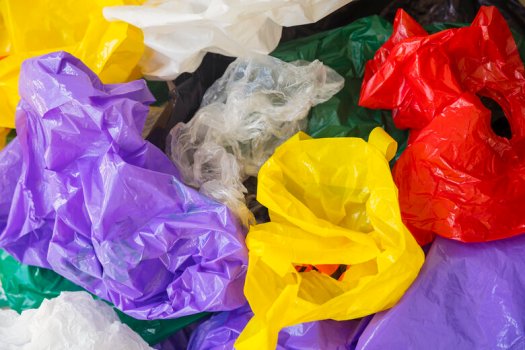
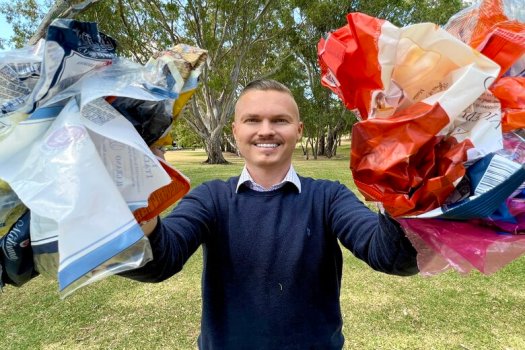
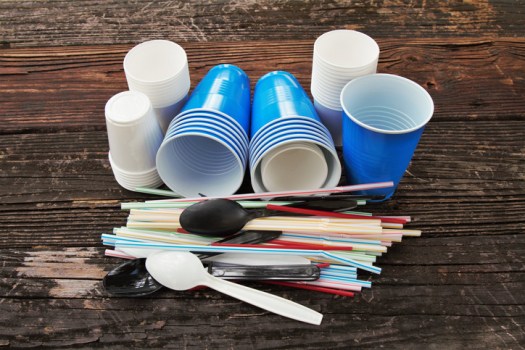
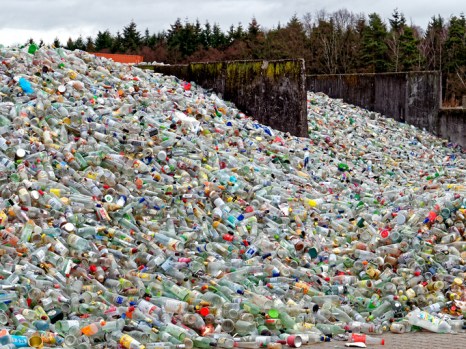

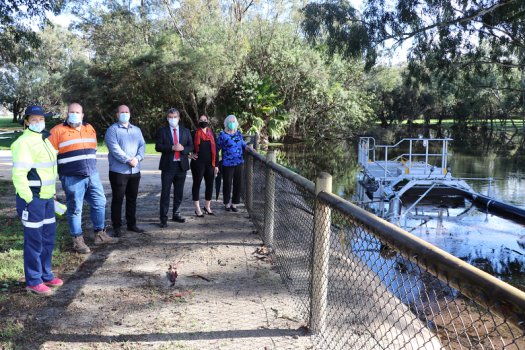
Putting a tax on plastics will produce nothing the cost will just be dumped on the public as usual, unless the government gets real and startup recycling plants with the taxes collected instead of leaving it to private industry which is never inspected by government as is obvious by the large amounts of unprocessed plastic stored all over the place.
We have a waste collection problem not a plastic problem. The same issues apply to paper, metal and glass. If you’re going to apply a penalty tax, apply it where it’s most useful, tax the disposers if they do not recycle. It starts with waste collection services, they could provide separate containers for all the above. They can charge a penalty or refuse to pick up mixed waste. Use taxes to promote recycling, offer incentives to the disposers.